S. O. Boladale, M.A, MNIM, USIP Cert.
Culture is the total way of life of a group of people. It consists of the material and non-material values, spirituality and practices that make up the bedrock of a particular civilization. The socio-cultural heritage of a given society consists of the customs, norms, taboos, mores, superstitions, and belief systems that are transmitted from one generation to another. The Igbomina extractions are one of the tribes that made up the Yoruba race. Fagbamila Ajagunnla Orangun Ile-Ila, the progenitor of the Igbomina people was one of the direct sons of Oduduwa the father of the Yoruba ethnic group.
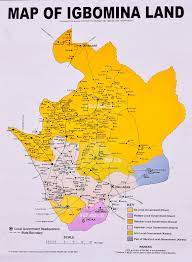
The present-day Igbomina geographical territory comprises five Local Government Areas (LGAs) of the Federal Republic of Nigeria such as Ila, Ifedayo, Irepodun, Ifelodun, and Isin LGAs of Kwara and Osun State, respectively. The Igbomina people are known for their rich, enviable culture and traditions similar to that of other Yoruba races, however, there is little variation in its cultural aesthetics and phonological formation which stands to portray the real Igbomina identity among other Yoruba tribes. This piece attempts to investigate the emerging extinction of the Igbomina dialect and the struggle for Igbomina identity in the 21st century.
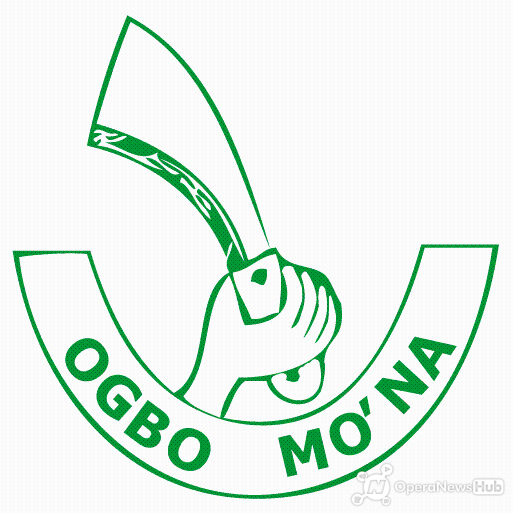
Oral traditions maintained that the Yoruba ethnic group initially spoke the same language but the prolonged migration from Ile-Ife which led to the dispersal of some of the migrants gave birth to the variations we have in the Yoruba language of today. The Yoruba people attributed the tonal changes from the original Ile-Ife accent to the water they drank, the food they ate, and the contacts they had with people of different languages as reasons for the modifications. One of the most referenced cultural identities of the Igbomina people is the Igbomina dialect characterized by a blend of Ife (low tone) with Oyo (high tone) that produced its unique tonal sound.
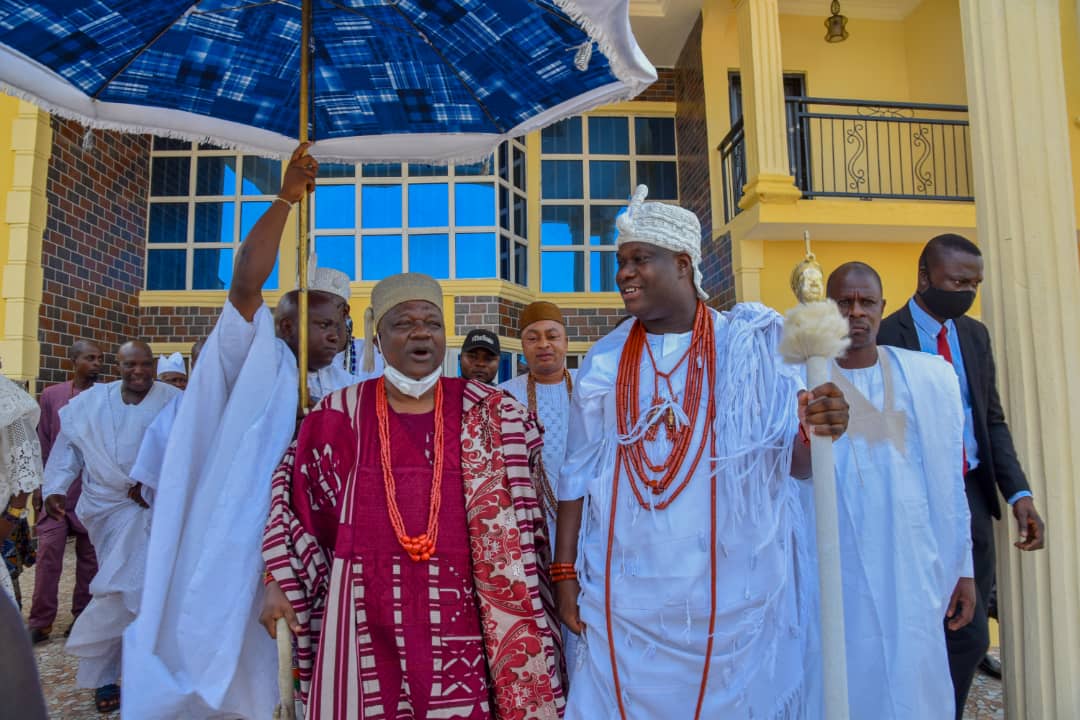
In recent times the Igbomina dialect has been a subject of amusement, causing it to lose its originality and social acceptability influenced by Western civilization and its concomitant factors. The migratory characteristics of the Igbomina people have largely contributed to the erosion of the Igbomina dialect. The Igbomina people are scattered around the world with a significant number of them located in neighbouring western region states such as Lagos, Ondo, Ekiti, Oyo, and Ogun state respectively. Their contacts with different social and cultural environments have subjected their mother tongue to intense phonological combat with the language of the host communities, and most often, the predominance of the host language overwhelmed the Igbomina dialects. In Lagos State, for example, the Igbomina dialect is perceived to be a local and unfashionable language whereas the corrupted version of the Yoruba language is widely spoken and glorified as the modern dialect.
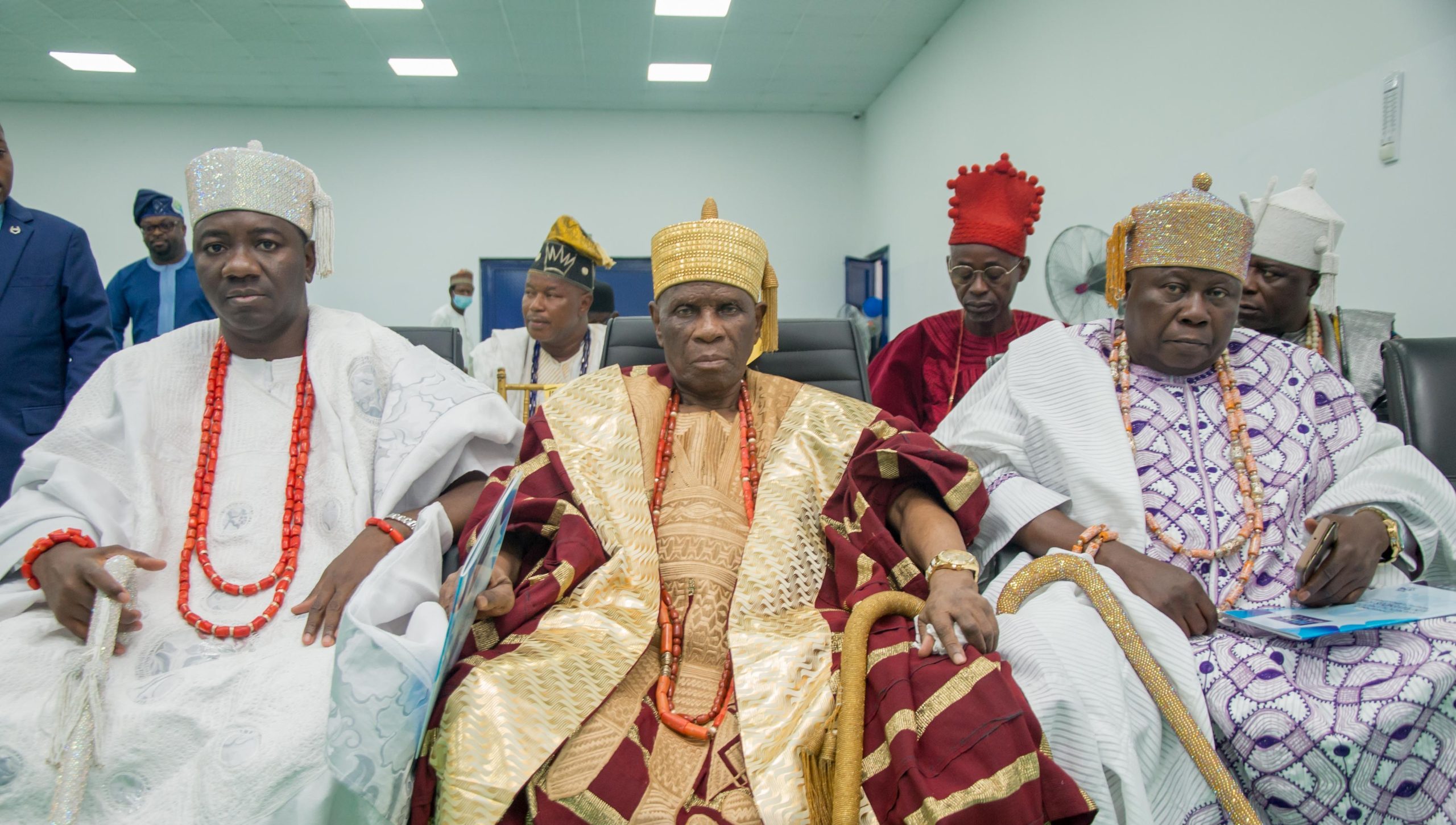
Furthermore, the surviving custodians of the Igbomina dialect are a few elderly people living in the rural communities and villages of Igbominaland, most of whose children have migrated out of their ancestral homes in search of greener pastures thereby acculturating to the host community. Pitifully, the elderly ones are dying without any mechanism for preserving the linguistic compositions of the Igbomina language. The Igbomina dialect is on the verge of linguistic extinction if not immediately rescued by the natives. The survival of Igbomina heritage and culture lies in the hands of the younger generation whose identity is on the verge of vanishing.
It is therefore imperative to document the Igbomina language and its phonological system, to preserve it along with vital aspects of the Igbomina culture. Social media platforms like Facebook, YouTube, Blogspot, and Podcasts can also be used to keep the language from dying out. In addition, more resources must be directed at producing linguistics journals on Igbomina dialects, while emphasis should be placed on academic research and lectures focused on the preservation of the Igbomina heritage.
Ultimately, there is an urgent need for the institutionalization of the culture and traditions of Igbominaland, it is, therefore, crucial to establish a centre for Igbomina studies, which will serve as the bastion of Igbomina linguistic learning and cultural preservation through academic research and scholarship.
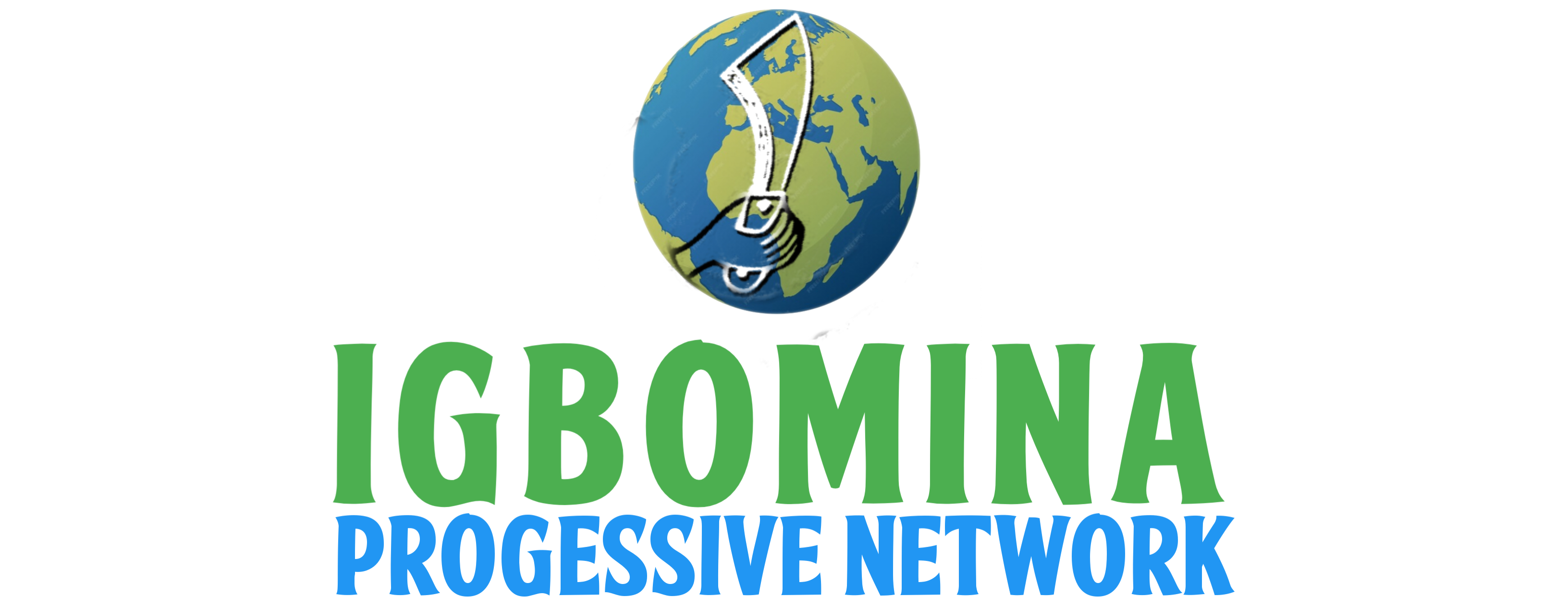
A wake up call, may Igbomina regain it’s relevance. Thanks For this Sir
Amen.
💕
Your piece is a good one, reminding the true-born of Igbomina of their origin, the need to be united and carry our mother tongue with pride, no matter how far we may be from our ancestral home and how long we have been away. Losing our culture amount to losing our identity and before long, we would be forgotten. GOD forbid. The onus lies in us to keep Igbomina alive.
Alale Igbomina e gbe gha o!
Olayide Adeniran
laide1610@gmail.com
Yes, you are absolutely right but in addition, it is important that we know, cultural extinction is a reality staring us on the face if deliberate rejuvenation is not done consciously.
It is a pity that migration that had helped Igbomina to advance in all faucets of human development index, has conversely become our albatross owing to none adherence to earlier migrants commitment to retire home at old age.
Is it possible we embark on educating our diaspora people on the essence of retiring home? This could be one of the paneancial to retrieving our lost glory
S O Boladale ,Thanks for your article on Igomina dialect.I really support every point pointed out in your article.Your points are NOT peculiar to ours alone but to ALL Yoruba Land.If NOTHING is seriously done NOW,Yoruba Language may also go into exinct.For instance : from 30 years down to this day, ALL our children DO NOT understand Yoruba in the real sense of it.The reason is Parents don’t speak Yoruba to their children both at home and outside home.ENGLISH wILL soon become your language.This is ONE major reason I STRONGLY back Yoruba Nation.Yoruba would be the OFFICIAL language for EVERYTHING everything we do just like the European countries.Thank you.
Please kindly send the map of Igomina land to my Whatsapp number 08023708307.THANKS